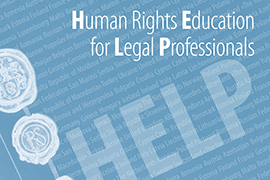Консультативный Совет ХЕЛП
Что они делают
Консультативный совет HELP является органом, назначаемым Сообществом HELP для предоставления консультативной поддержки Секретариату HELP в промежутках между встречами сообщества HELP, а именно:
- оценивает стандартные учебные программы и учебные материалы, разработанные в рамках программы HELP;
- предлагает Сообществу HELP приоритетные темы для будущих образовательных мероприятий;
- определяет общую стратегию по координации подготовки в области прав человека между соответствующими международными и национальными субъектами, в том числе развитие региональных инициатив;
- дает рекомендации по разработке методологии обучения юристов;
- сотрудничает с Редакцией HELP (Редакция HELP состоит из экспертов по вопросам прецедентного права ЕСПЧ, обучения стандартам ЕКПЧ, а также включает эксперта по ИКТ и веб-коммуникациям. Редакция назначается Секретариатом HELP и несет ответственность за планирование и реализацию стратегии по связям с общественностью Программы HELP и за публикацию и обновление новостных и учебных материалов на сайтах HELP).
- дает рекомендации относительно других дополнительных вопросов, которые могут быть поставлены Сообществом HELP и его Секретариатом;
- подготавливает ежегодный отчет для Сообщества HELP.
Методы работы:
Консультативный совет HELP координирует свою деятельность с Секретариатом Программы HELP.
Встречи организуются в штаб-квартире Совета Европы в Страсбурге и проходят следующим образом: 7 членов, две однодневные встречи в год.
Мандат
Консультативный совет HELP является органом, назначаемым Сообществом HELP для предоставления регулярной консультативной поддержки Секретариата HELP.
Как правило, он состоит из шести членов, которые назначаются из числа представителей Сообщества HELP.
Как минимум по одному предствителю от учебных заведений из каждой категории юристов (судей, прокуроров, адвокатов), участвующих в программе HELP, должно быть представлено в Консультативном совете.
Состав Консультативного совета определяется на ежегодной конференции Сообщества HELP при тайном голосовании. В случае проведения выборов первые шесть кандидатов, набравших наибольшее число голосов, избираются.
Описание полномочий было обновлено в 2016 году, так что срок полномочий членов Консультативного совета составляет два года. За исключением случаев в течение переходного периода ни один представитель не может занимать должность в Консультативном совете более двух сроков подряд. Переходный период Консультативного совета заканчивается в конце ежегодной конференции Сообщества HELP в 2018 году. На выборах в 2018 году три члена Консультативного совета, занимавшие свои должность дольше других, должны будут сложить полномочия и не будут иметь права на переизбрание в 2018 году.
Члены Консультативного совета могут назначить из своего числа докладчиков по конкретным темам. Консультативный совет представляет доклады о своей деятельности на ежегодной конференции Сообщества HELP.
В этом году, новый Консультативный совет был избран на ежегодной конференции Сообщества HELP. Успешные кандидаты, вошедшие в состав Консультативного совета, перечислены ниже.
Выборы прошли на второй день Конференции тайным голосованием. С этого года выборы будут прохоить регулярно, для того, чтобы обеспечить преемственность в деятельности Консультативного совета. Совет является представителем как ассоциаций Адвокатов, так и национальных учебных заведений.
Еще раз поздравляем наших новых членов, и мы с нетерпением ожидаем дальнейшего сотрудничества между Советом и Секретариатом HELP.
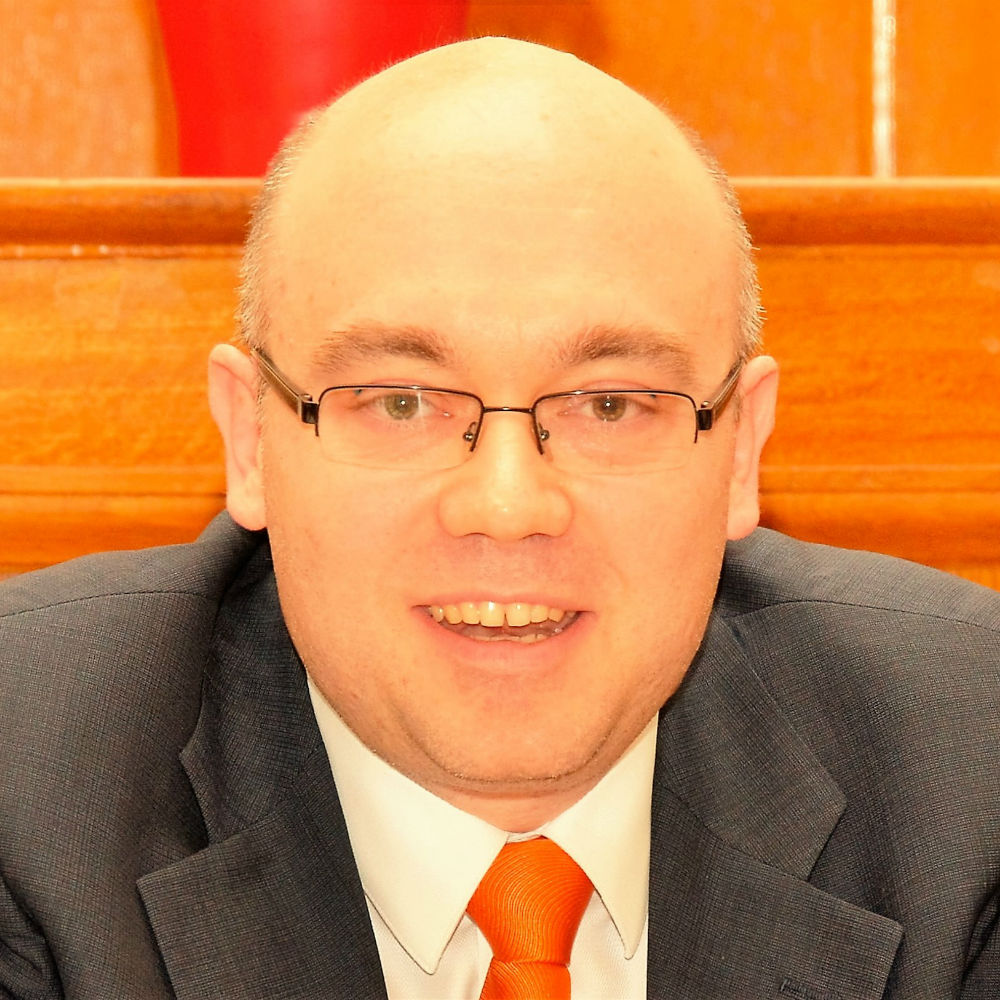
Petros Alikakos
GREECE, Judge at the Court of First Instance of Thessaloniki with jurisdiction in civil
Working experience:
2004 – up to now: Judge at the Court of First Instance of Thessaloniki with jurisdiction in civil cases concerning the Greek state and the legal entities of public law and all types of criminal cases (except from minor offences)
1995 -2003: Assistant of the Dpt of Civil, Civil procedure and labor law of the Law School of Aristoteleion Panepistimion of Thessaloniki
1997-2003: Lawyer of the Thessaloniki Bar Association
Education:
1995: graduation from the Law School of Aristoteleion University of Thessaloniki
1997: Master’s Degree from the above School
2003: PhD degree of the Faculty of Law of Aristoteleion University of Thessaloniki, as scholar of the “Institution of State Scholarships” (I.K.Y.)
2003-2005: Post – doctoral research as scholar of the above Institution
1995, 1997: Scholarship of the German Academic Exchange Service (D.A.A.D.)
2014: University of Geneva’s 8 weeks online course under the topic “Introduction aux droits de l’ homme” (in French).
Languages:
English (excellent), French (very well), German (very well) and Greek (native)
Skills:
2013-2014: National tutor of the first e-learning course for Greek judges and prosecutors. The course had the topic “community sanctions and alternative measures as an answer to prison overcrowding” in the frame of the HELP program and in cooperation with the Greek School of Judges
2015: Certification as CEPEJ expert
2015: Certification as HELP trainer
International seminars – international visits:
2011: Participation in the seminar of the Academy of European Law (ERA) about “European Union Law on equality between women and men in praxis”
2013: Invitation by the U.S. Department of State to participate in the 3-weeks International Visitors Leadership Program under the title “U.S. Judicial System”
Publications:
- Joint initial and continuous training for judges and lawyers in the framework of the Council of Europe and according to the Greek legal order, International Organisation for Judicial Training Journal, Issue 4, 2015, p. 115-121.
- Just satisfaction for exceeding the reasonable time of the hearings – a new remedy in the domestic (Greek) law (administrative, civil and criminal trial), Elliniki dikaiosini, 2015, p. 1-8.
- Contribution in the efficiency of Justice, Collective work, (The chapter of “Selection of Judges and Judicial Training", p. 153-171), 2015
- Organisation and efficiency of Justice. The European experience, Collective work, (Guidelines of CEPEJ regarding the Judicial maps, Guidelines of CEPEJ regarding Judicial time management-SATURN guidelines, p. 37-91), 2015
- Abuse of real rights (Post-doctoral research), 2007
- Alternative Dispute Resolution in e-commerce, Armenopoulos, 2005, p. 1681-1687.
- The deliberation on the legal entities of private law (Dissertation), 2004
- Confiscation in the hands of an EU organ as a third party, Elliniki Dikaiosini, 1997, p. 1506-151.
Memberships:
Member of the Legal Professional's Society of Northern Greece (Εταιρία Νομικών Βορείου Ελλάδος).
Founding member of the Center of Cadastral Studies (Kέντρο Κτηματολογικών Μελετών), http://kekthme.web.auth.gr/
Participation in collective bodies:
2010 – 2012: Election as a member in the three – member committee of the Greek Association of Judges and Prosecutors for the district of Thessaloniki’s Court of Appeals.
2012 – up to now: Appointment as HELP’ s focal point of the Greek School of Judges.
2014 – 2015: Participation in the committee of the Society of Judicial Studies (Εταιρία Δικαστικών Μελετών) about the reformation of the Greek judicial system, having the responsibility for the section of the selection of judges and the judicial training.
2014 - up to now: Election as a member of the Consultative Board of the HELP program of the Council of Europe for a two year mandate.
2014 – up to now: Election as an associate member in the Steering Committee of the Court of First Instance of Thessaloniki for a two year mandate.
2015 – up to now: Member of the National Implementation Working Group regarding training programs of the National School of Judicial Officers of Greece in collaboration with the OSCE Office for Democratic Institutions and Human Rights (ODIHR).
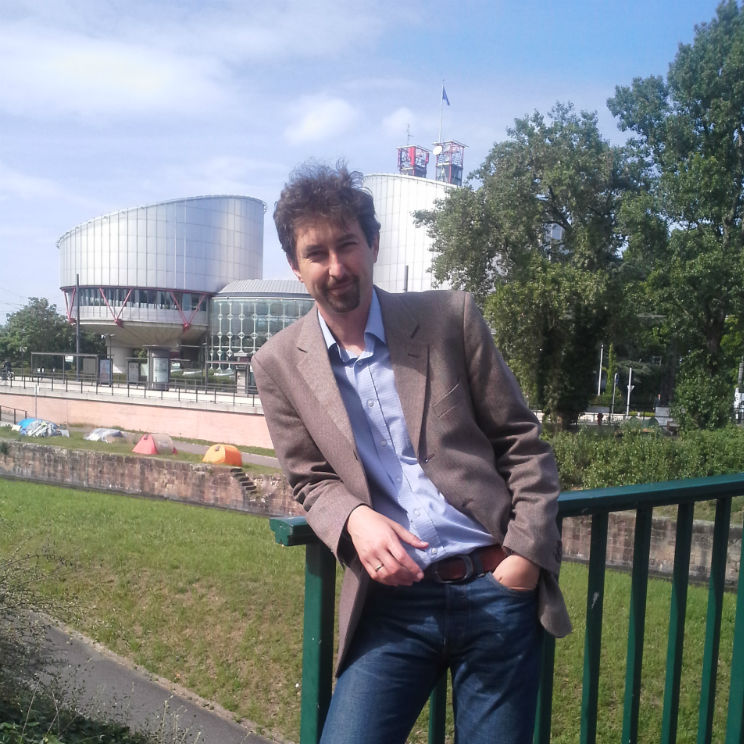
Grzegorz Borkowski
POLAND, Head of Office of the National Council of Judiciary
Doctor of law (specialization- civil procedure), publishing in Polish, English and Russian on procedural issues, human and fundamental rights and organization of justice; editor of books on ethics of legal professions and co-author of a popular students’ book on organization of justice (5th edition in 2016). Since 2000 has lectured at universities on civil procedure, human rights protection and organization of justice. Attended numerous judicial training events in Eastern and Western Europe, as well as Texas, USA also as a lecturer (e.g. in Kiev, The Hague, Strasbourg, Lviv) and a chairman of seminars on human rights-related issues (Rome, Cracow, Barcelona). From 2013 to 2014 has been on a long-term judicial training programme in ECHR in Strasbourg. Since 2011 has been an active member of EJTN’s (Euroepan Judical Training Network) Administrative Sub-working Group responsible for coordinating training events on human rights— related issues, acting as both an expert and a chairman.
Having experience as both judge and university teacher, combines theory and practice in his everyday work.

Sandra Budimir
CROATIA, Lawyer and Member of the Croatian Bar Association
Sandra Budimir is a HELP Focal Point for Croatia and the national tutor of HELP distance-learning courses.
She is a practicing lawyer with her own Law Office in Zagreb and member of the Croatian Bar Association since 2006. She has previously worked in national and international law offices (DLA Piper Weiss –Tesbach) and at the European Court of Human Rights as Croatian processing lawyer and member of the Case-Law Information and Publications Division. Her main fields of expertise include protection of human rights on national level and before the ECtHR with focus on civil rights issues related to Article 6 and 8 of the Convention and Article 1 of Protocol 1 to the Convention, and corporate, civil, property, competition and EU law issues. Sandra holds a law degree from the Law Faculty of the University of Zagreb and LL.M. in the European Law and European Integrations from the University of Dresden (scholarship of the IRZ-Stiftung).
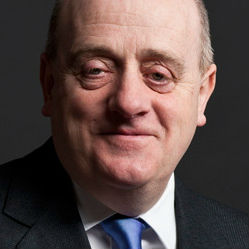
Simon O'Toole
UNITED KINGDOM, Barrister and Vice-Chairman of the Training for the Bar Committee
Simon is a member of the Bar Council of England and Wales and is currently Vice-Chairman of the Training for the Bar Committee. He is an accredited advocacy trainer and frequently participates in compulsory training courses for barristers. Simon is regularly invited to European conferences and seminars organized by universities, bar associations or the Council of Europe as a trainer or an expert in professional legal training.
Simon’s voluntary work for the independent legal profession has been recognized by being nominated for national pro-bono awards. He is a Master of the Bench of The Honourable Society of the Inner Temple.
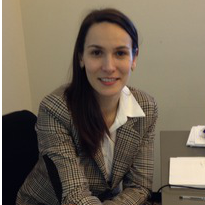
Beatrice Ramascanu
ROMANIA, Civil Judge
Beatrice Ramascanu has been sitting as a civil judge since 2003. For several years, she worked in the team of the Romanian Agent of the Government before European Court of Human Rights.
Her expertise in the field of the European system of human rights protection was also availed in her activity as a trainer of the National Institute of Magistracy on ECHR’s case-law. In 2011, she earned a PHD degree at Bucharest University – Faculty of Law with the thesis Member States’ Positive Obligations for Civil Rights under European Convention Human Rights. Private and Family Life and the Protection of Property.
Beatrice Ramascanu has a consistent activity as a European training expert for European Judicial Training Network or Council of Europe, conducting many international trainings in the field of human rights and European civil cooperation. She published scholar articles and currently she develops online learning modules for the National Institute for Magistracy.
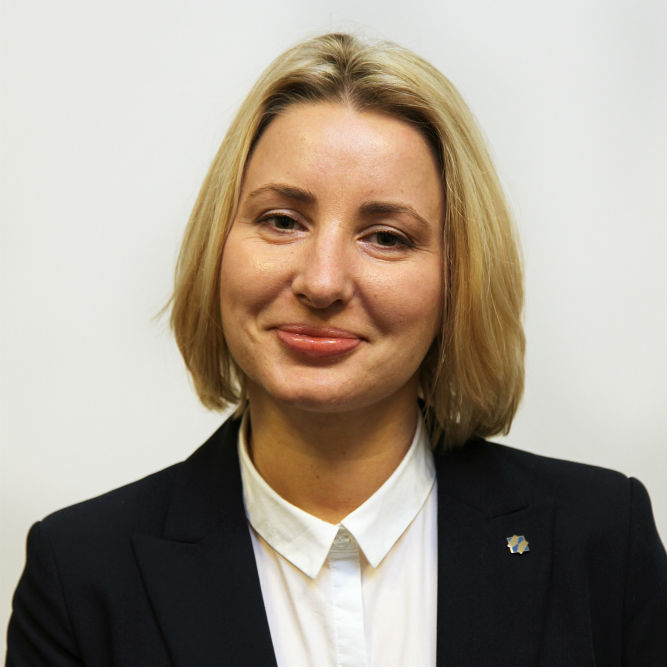
Jolanta Samuolyte
LITHUANIA, Lawyer and Project Manager at the Lithuanian Bar Association
Jolanta Samuolyte is the HELP Info Point as well as the national tutor of Admissibility and Anti-discrimination distance learning courses. She works as a lawyer and project manager at the Lithuanian Bar Association and lecturer at Mykolas Romeris University, International and EU Law Faculty. Jolanta has previously worked as a lawyer in a number of NGOs including the Human Rights Monitoring Institute and Civil Defence Fund in Vilnius and INTERIGHTS in London. Her main areas of interest include development of pro bono practice and strategic litigation in areas of discrimination of vulnerable groups, freedom of expression, and access to justice before the national and European Court of Human Rights. She is alumni 2010-2011 of USA Hubert H. Humphrey fellowship and 2002-2003Open Society Foundations Justice Initiative (former OSI COLPI) fellow. Jolanta holds L.L.M. from Central European University. She is a member for Lithuania of the European Commission for Sexual Orientation Law.
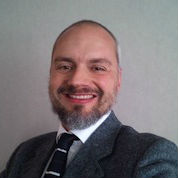
Pier Giovanni Traversa
ITALY, Attorney at Law and Member of the Bar of Bari
Pier Giovanni Traversa is attorney at law, member of the Bar of Bari, Italy, since 1999.
Since 2006 LLM in European Private Law at University La Sapienza (Rome - Italy).
Since 2013 chairman of the Training Committee at the C.C.B.E. (Council of Bars and Law Societies of Europe).
Info-point for Italy in the HELP in the 28 programme.
The Consultative Board who served as members between June 2014 and June 2016 were:
- Petros Alikakos, NTI, Greece
- Grzegorz Borkowski, NTI, Poland
- Sandra Budimir, BA, Croatia
- Simon O'Toole, BA, UK
- Beatrice Ramascanu, NTI, Romania
- Jolanta Samuolyte, BA, Lithuania
- Pier Giovanni Traversa, BA, Italy
The activities of the Board can be seen in the Reports published below. The HELP Secretariat extend their thanks to the previous Board members for all their hard work and for their invaluable contribution to HELP's success during their mandate.
You will find here the activity reports of the HELP Consultative Board published in:
- June 2014



